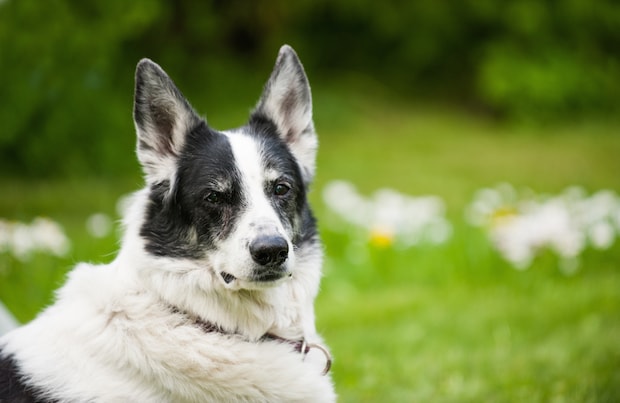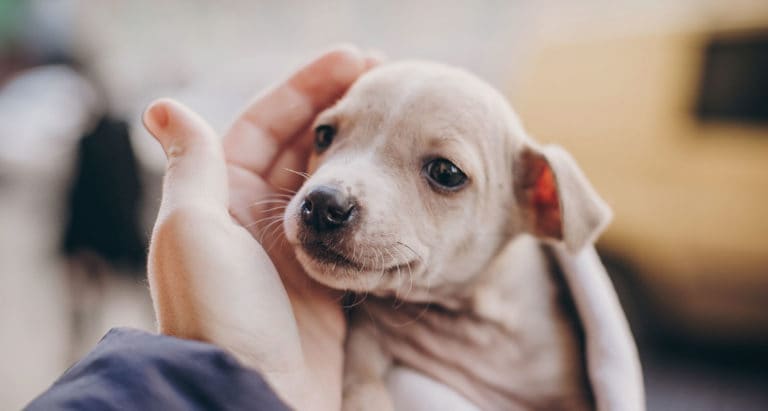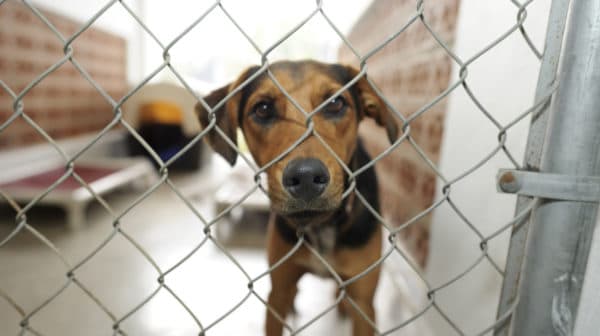Y
ou’ve made that first big decision—you’re going to get a new dog. Congratulations! Your next choices are just as important: What breed of dog will you bring home, and will you look for them at a reputable breeder or a shelter or rescue? Doing research is crucial, and it helps to know exactly which questions to ask a dog breeder during your search.
“But wait,” you may be thinking, “why would I contact a breeder if I’m considering adopting a dog from a shelter or rescue?” In fact, there are plenty of great reasons! Even if you ultimately adopt from your local shelter or rescue, talking with responsible dog breeders can give you the inside intel on their breed and even help point you toward breed-specific rescue groups.
If you do decide that you’d like to purchase a dog, how can you be sure you’re buying a dog from an ethical, responsible dog breeder? Again, the answer is research. We spoke to representatives from two national dog breed clubs to learn some of the most important questions to ask a dog breeder as you search for the newest member of your family.
1 How Many Dogs Do You Own?

This may seem like a simple question, but the answer may not be clear from the breeder’s website—or even at their home or facility. When you ask a dog breeder this question, you’re looking to find out how dedicated they are to their pack. There’s no hard and fast rule or number here, because variables like space, time and finances all come into play, says Becky Smith, president of the French Bulldog Club of America. In general, she says, “They should not have so many dogs that they cannot give each one individual attention.”
Smith also suggests asking how often they breed their dogs, which can give you a sense of how they treat the puppies’ mother, often referred to by breeders as the dam. Again, there’s no exact rule for how often a dog should produce a litter—only that breeding is done with care and respect for the mother. “The main element is to make certain the mother has fully recovered before breeding again,” she says. “Breeders most certainly should not be churning out puppies with no regard to the health and well-being of the dam.”
2 What Health Testing Do You Do?
This is one of the most important questions to ask a breeder before buying a dog, according to American Kennel Club Executive Secretary Gina M. DiNardo. The first step is to find out what tests are recommended by your breed’s national parent club. Parent clubs are organizations that work to preserve and protect dogs in specific breeds, and there’s one for every AKC-recognized breed, from Affenpinschers to Yorkshire Terriers.
“Each national parent club has a list of what they consider to be the important health tests for their breed,” DiNardo says. “So, does the breeder you're considering do those heath tests on their sires [daddy dogs] and dams?”
Often, these tests can detect genetic diseases that are prevalent in a particular breed. “Breeders should openly discuss the disorders common in their breed—all breeds have them—and what they are doing to prevent them,” Smith says.
The AKC has two breeder programs which DiNardo says are considered the hallmark of responsibility, making them good ones to look for as you assess breeders: AKC Breeder of Merit, which recognizes breeders who are committed to breed preservation and raising healthy, well-socialized puppies; and AKC Bred With H.E.A.R.T.—which stands for Health, Education, Accountability, Responsibility and Tradition.
3 Can I See Your Dogs’ Health Certificates?
“Certification is a source of pride for breeders,” Smith says. This question to ask a dog breeder serves two purposes: You’re looking for both the information in the documents, as well as the transparency of the breeder themselves. Reputable breeders will be happy to share their dogs’ records, Smith says; breeders who aren’t may have something to hide.
Aside from genetic testing, Smith says, you can also ask to look at veterinary records to find out if your dog or puppy has been vaccinated and dewormed, or if the dam or any of the puppies in the litter were ever sick.
4 Do You Guarantee the Health of my Puppy?
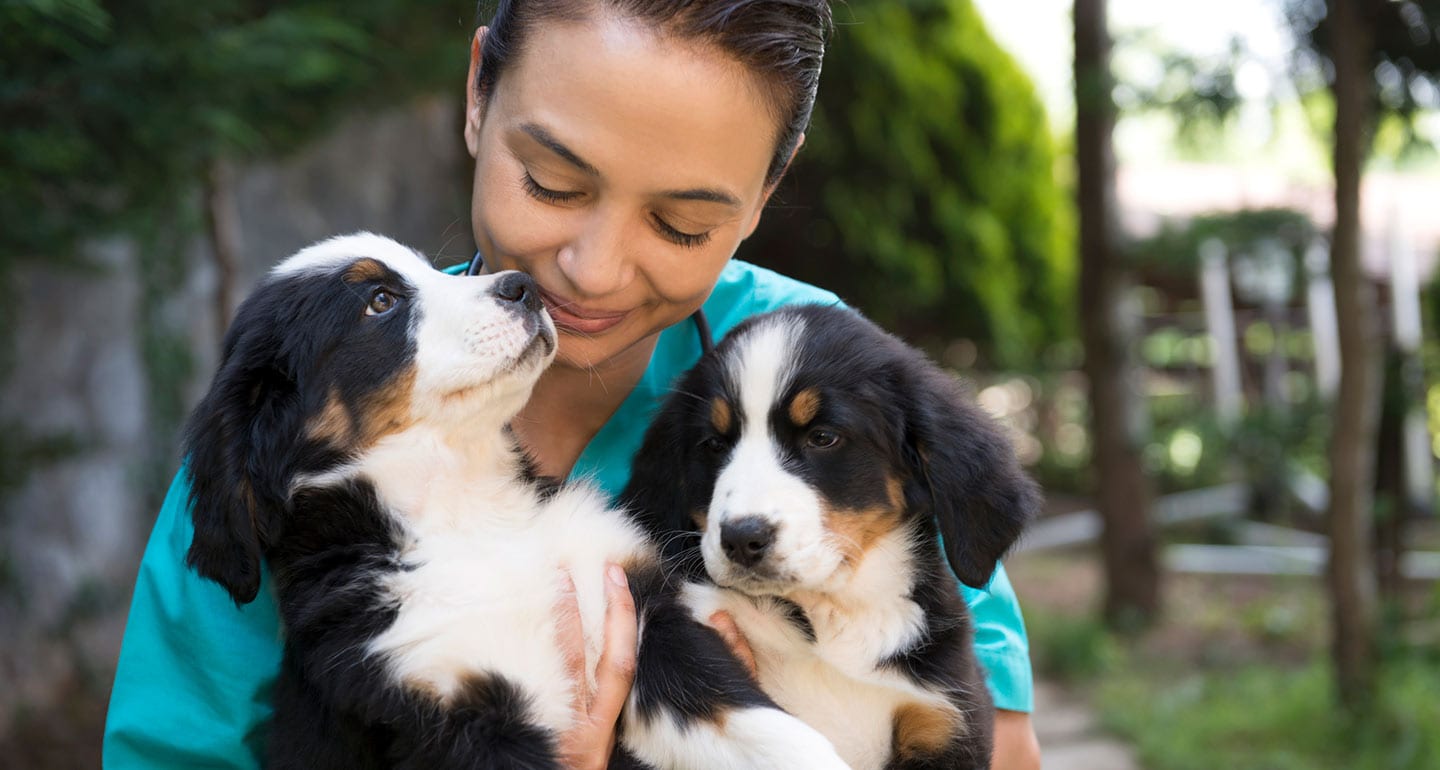
5 Do You Engage in Other Dog-Related Activities?
Many breeders show their dogs in conformation shows—the kind we see when we watch the Westminster Kennel Club Dog Show and National Dog Show on TV each year. Some breeders also do activities that tap into their breed’s innate abilities, such as field trials, agility and obedience.
“If a breeder is involved in activities with their dogs, it is less likely that they are breeding solely to turn a profit and more likely that they value their dogs as thinking, working and loving companions,” Smith says.
Dogs who compete in shows and trials also tend to be well-socialized, DiNardo adds, plus, “Dogs that are actively being shown are usually in excellent physical condition and health.”
6Are You a Member of an AKC-Registered Club?
7Can I Visit You and Meet the Puppy’s Parents?
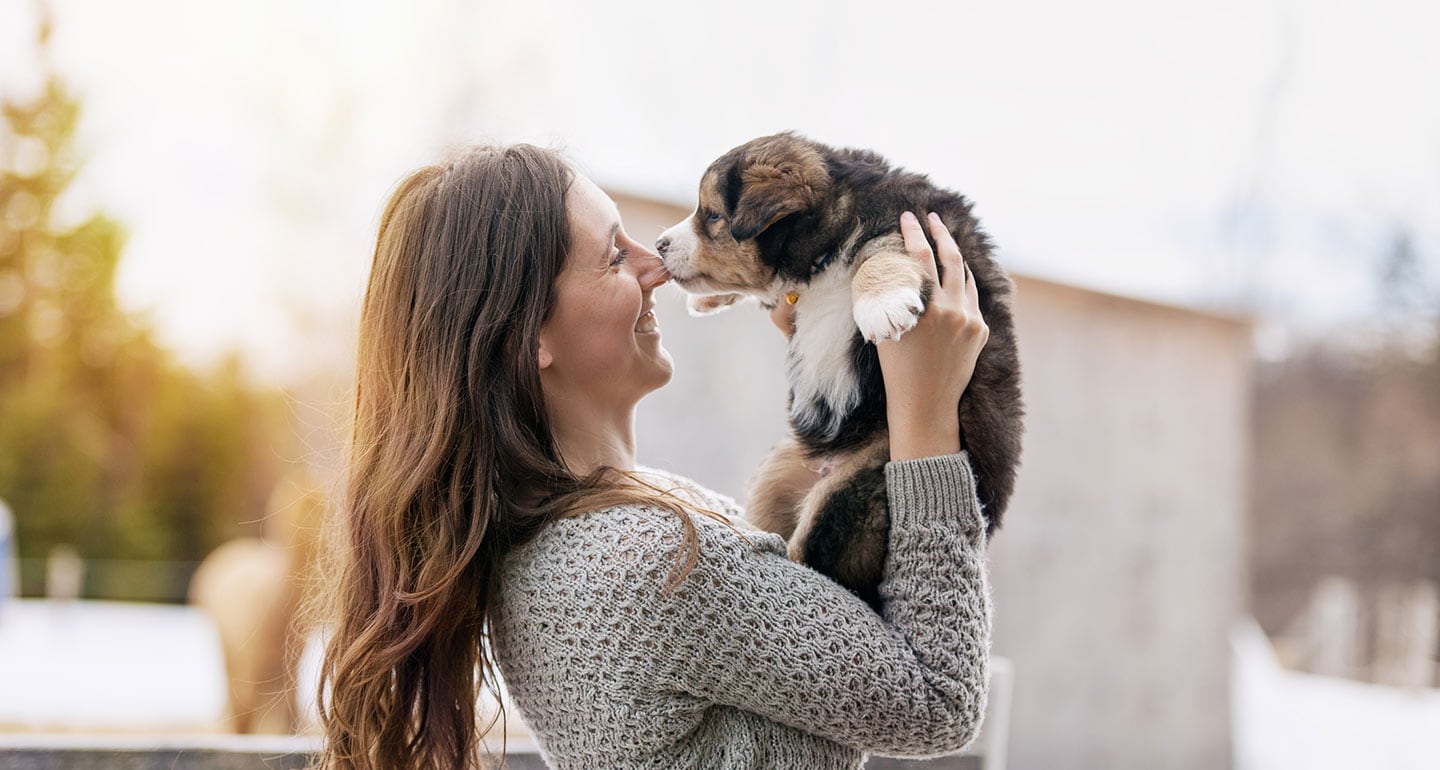
iStock.com/lisegagne
COVID-19 may have made “meet the parents” visits a bit more difficult, but before the pandemic, this was one of the most common questions to ask a dog breeder before purchase. If you’re able to arrange a visit, DiNardo says it’s good to ask if your children can accompany you to meet the puppy or dog, too—this way you’ll get a preview of how your little ones may interact with their potential new furry sibling, and vice versa.
Once you are at a breeder’s home or kennel, it’s important to take a good look around. “Note things like, is the facility clean and organized? Are the dogs healthy?” Smith says. “In most cases you should try and meet either the sire or dam on the premises. Observe their behavior and physical condition.” Specific things to look for, DiNardo says, include, “Are their coats shiny and clean? Are their eyes bright? Do they look happy?”
8What Is This Breed’s Temperament and Energy Level Like?
9What Questions Do You Have for Me?
That’s right—when it comes to your dog breeder, communication should be a two-way street. Responsible breeders should be very curious about you and your family, too. “Don’t be offended if a breeder is asking you as many questions as you asked her,” DiNardo says. “They want to ensure that their puppy is going to a safe home and that you will be a responsible dog owner.”
Expect your dog breeder to ask questions like:
- Do you have a fenced-in yard?
- Do you have time to adequately exercise your dog?
- Are you willing to brush your dog three times a week?
- Are you home a lot or are you gone 20 hours a day?
- Will you take puppy socialization classes?
When you encounter a breeder who is enthusiastic about meeting you and learning about how the dog will live, that’s a good sign.
10Which Puppy Do You Recommend for Me?

iStock.com/lisegagne
As a breeder gets to know you and your lifestyle, they may be able to pick a pup to match. “Even as puppies, dogs have different personalities,” DiNardo says. “Expert breeders do some form of temperament testing and socialization work. From the minute the puppies are born, they will notice things like, ‘Well, this dog is probably going to be a little more laid back,’ or ‘This puppy is going to need a very active family because it's the dominant one in the litter.’” Remember: Good breeders will ask you questions about your lifestyle to help them play matchmaker.
11What Should I Feed My Puppy?
“Most breeders will encourage you to keep them on the food that they've been raised on,” DiNardo says. They can also provide general or very specific nutritional advice, such as whether they give their dogs supplements or other food. “I give my dogs sardines all the time, because they're healthy and they love them,” DiNardo says. “See if your breeder has any suggestions like that.”
12What Grooming Does This Breed Need?
13What Support Can You Offer After I Take My Dog Home?

iStock.com/gollykim
14Will You Take Back the Dog If I’m No Longer Able to Keep Them?
15Do You Use a Sales Contract?
16Have You Ever Turned Down a Sale?
Share:


